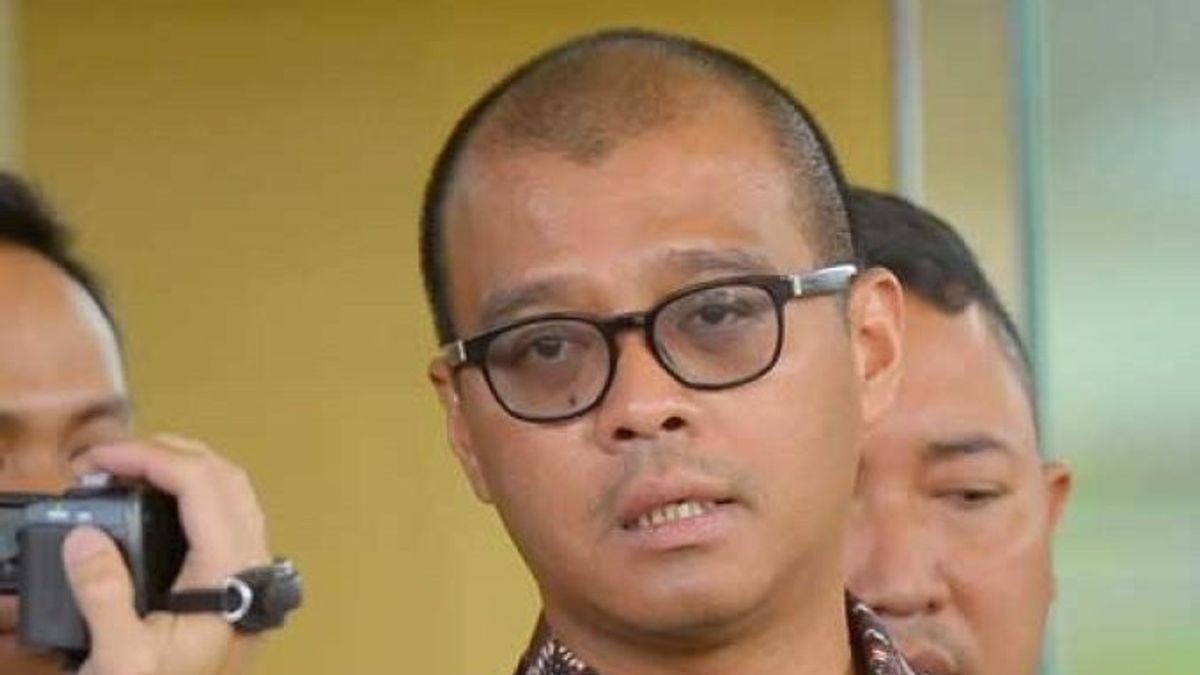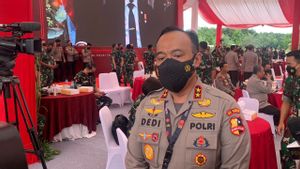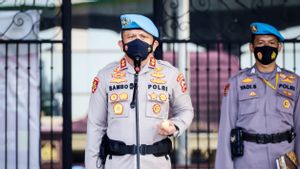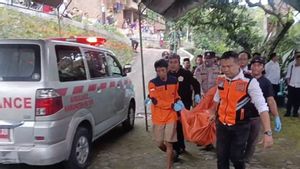JAKARTA - The Governor of the Indonesian National Resilience Institute (Lemhannas) Andi Widjajanto assesses that Indonesia needs to have a Cyber Security Law to improve the cybersecurity index score which is still in the poor category on a global scale.
“We have to have a Cybersecurity Act. As long as we don't have a cybersecurity law, our index score is low," said Andi at the Satya Wacana Christian University (SWCU) National Insight Seminar entitled "Building National Insight in the Information Disruption Era: Jokowi's Government Strategy to Maintain National Security", as monitored through SWCU YouTube channel Salatiga, Central Java, in Jakarta, Monday, July 18.
According to the National Cyber Security Index (NCSI) assessment, he said, Indonesia's cybersecurity capacity was in the poor category with a score of 38.96 percent or below the global average.
Indonesia scored below the global average on eight NCSI cybersecurity capacities, namely policy, threat, education, global contribution, digital services, essential services, personal data, and crisis management.
So far, Andi said his party and the Indonesian National Cyber and Crypto Agency (BSSN) have just completed the final draft of the national cyber security strategy which will be officially issued by President Joko Widodo (Jokowi).
Even so, he continued, a Cyber Security Law is still needed so that Indonesia has adequate cybersecurity and is able to improve the cybersecurity index score, which was previously below the global average.
VOIR éGALEMENT:
In addition to the Cyber Security Law, Andi said that the Personal Data Protection Law is a regulation needed to strengthen cyber security in the country.
Previously, Andi said that Lemhannas was asked to concentrate on five issues by President Joko Widodo (Jokowi).
The five issues are the consolidation of democracy, the green economy, the blue economy, digital transformation, and the development of the Indonesian capital. Cyber security is one of the elements needed to optimize digital transformation in Indonesia.
“Our task is to prepare recommendations (related to these five issues) to make the 2020 map significantly different from the 2045 map (realizing a golden Indonesia). For that, we have to discuss the five focus variables in more detail,” he explained.
The English, Chinese, Japanese, Arabic, and French versions are automatically generated by the AI. So there may still be inaccuracies in translating, please always see Indonesian as our main language. (system supported by DigitalSiber.id)













